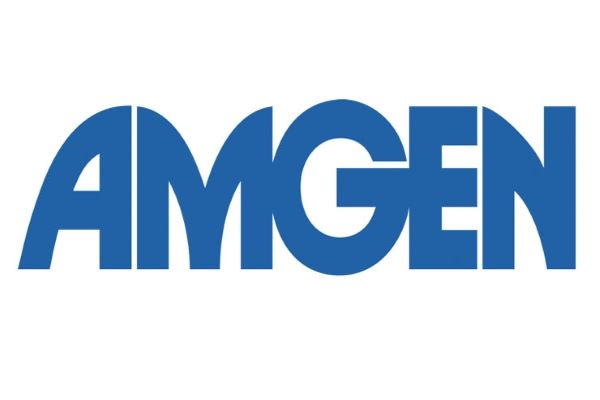Amgen will be prohibited from leveraging its drug portfolio to disadvantage rivals and will be required to seek prior approval before acquiring related products

The Federal Trade Commission on Friday said it has reached a deal with drug giant Amgen to allow the company’s $27.8 billion purchase of Horizon Therapeutics to move forward.
As part of a nationwide settlement of their challenge to the acquisition, the FTC and attorneys general from six states – California, Illinois, Minnesota, New York, Washington, and Wisconsin – also will dismiss the related federal court preliminary injunction action.
“Consolidation in the pharmaceutical industry has given companies the power and incentive to engage in exclusionary rebating practices, which can lead to sky-rocketing prices on essential medications,” said Henry Liu, Director of the FTC’s Bureau of Competition. “Today’s proposed resolution sends a clear signal that the FTC and its state partners will scrutinize pharmaceutical mergers that enable such practices, and defend patients and competition in this vital marketplace.”
Under the proposed order, Amgen is prohibited from bundling an Amgen product with either Tepezza or Krystexxa, Horizon’s medications used to treat thyroid eye disease (TED) and chronic refractory gout (CRG), respectively. In addition, Amgen may not condition any product rebate or contract terms related to an Amgen product on the sale or positioning either one of these drugs. Amgen also is barred from using any product rebate or contract term to exclude or disadvantage any product that would compete with Tepezza or Krystexxa.
The proposed consent order resolves FTC and state charges that Amgen’s acquisition of Horizon is anticompetitive, as the deal would enable Amgen to leverage its large portfolio of blockbuster drugs to pressure insurance companies and pharmacy benefit managers into favoring Horizon’s two monopoly products – Tepezza and Krystexxa – or disadvantaging rivals to Tepezza or Krystexxa.
The proposed order also will prohibit Amgen from entering into any agreement or understanding to acquire any products or interest in any business engaged in the manufacturing or sale of any products, biosimilars, or therapeutic equivalents that treat either TED or CRG, unless it receives prior approval from the Commission.
Additionally, Amgen must seek FTC approval if it seeks to acquire any pre-commercial products that have completed FDA clinical trials to treat either thyroid eye disease or chronic refractory gout. Under the terms of the consent order, Amgen is required seek FTC such prior approval through 2032 and notify the states if it is seeking Commission approval.
All other requirements in the consent order will be effective for 15 years after it is finalized, including a requirement that Amgen submit annual compliance reports to the FTC and states. A monitor will be appointed to oversee Amgen’s compliance, and the monitor’s reports will likewise be submitted to the Commission and to the states.
In May 2023, the FTC filed a complaint in the U.S. District Court for the Northern District of Illinois to block the proposed transaction. In addition to alleging that the transaction would give Amgen the ability and incentive to foreclose rivals to Tepezza and Krystexxa, the complaint stated that the deal also would entrench Tepezza’s and Krystexxa’s monopoly positions in the TED and CRG markets, respectively, by substituting Amgen, with its broad and powerful portfolio of blockbuster drugs, for Horizon with its smaller portfolio, thus raising entry barriers and dissuading smaller firms from competing aggressively. This was the FTC’s first litigated challenge to a pharmaceutical merger in more than a decade.

Subscribe To Our Newsletter & Stay Updated